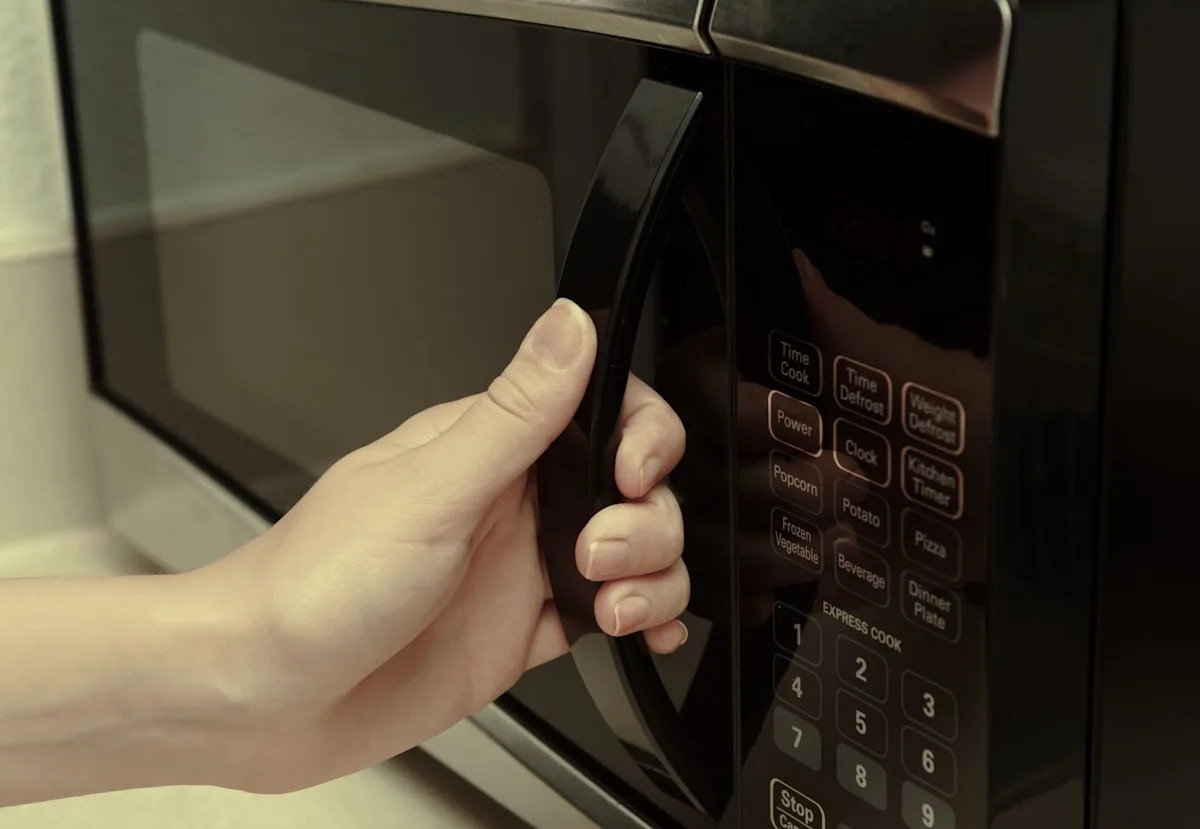Home / Health / Microwaving Plastics Unleashes Billions of Toxic Particles, Experts Warn
Microwaving Plastics Unleashes Billions of Toxic Particles, Experts Warn
31 Oct
Summary
- Microwaving plastic baby bottles releases over 2 billion nanoplastics and 4 million microplastics per square centimeter
- Experts warn of unknown health impacts from ingesting these synthetic materials
- Researchers urge FDA to be more proactive in regulating microplastic exposure

In a concerning new study published last month, researchers at the University of Nebraska have found that microwaving plastic baby bottles can unleash hordes of tiny plastic particles. The team, led by Kazi Albab Hussain, discovered that a single 3-minute microwaving session can release over 2 billion nanoplastics and 4 million microplastics per square centimeter.
These microscopic plastic fragments have been detected everywhere from the highest mountain peaks to the deepest ocean trenches. Alarmingly, experts still don't fully understand how these synthetic materials may be impacting human health. "Even this one study should be a wake-up call -- not just to new parents but to the FDA," warned Judith Enck, a former EPA administrator.
Hussain, who became a new father during the course of the study, said he was unable to completely avoid using plastic for his own child, but tried to limit scenarios that caused more plastic particle release. He hopes future products will be labeled "microplastics-free" or "nanoplastics-free" to help consumers make informed choices. In the meantime, the researchers recommend alternatives like glass baby bottles, edible food wraps, and compostable coffee pods to avoid these invisible plastic infiltrators.




